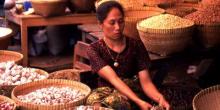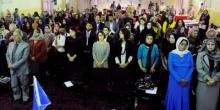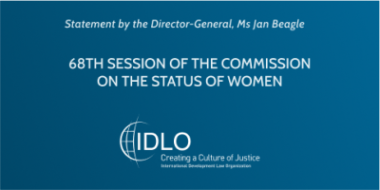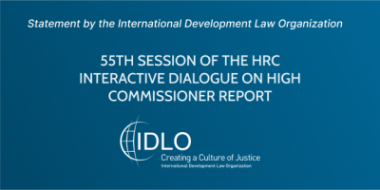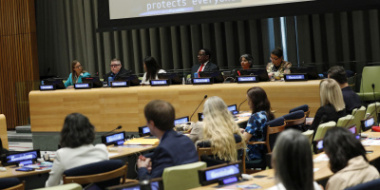Feeding the Planet: Empowering Women
The Governments of Italy, Ghana, World Food Programme and International Development Law Organization, in collaboration with UN Women, will organize a high-level event under the title on “Feeding the Planet – Empowering Women: The Food and Nutrition Security Challenge”, to support the mainstreaming of gender equality in food and nutrition security.
